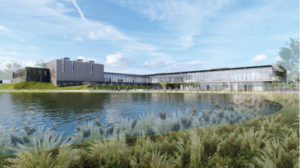Small-town politics can be as divisive and nasty as anywhere on Earth and it is with that caveat I offer a brief comment on an argument that is stewing in a city near my North Texas home.
Farmersville is going to have an election May 6 that seeks to establish a Municipal Development District. In order to move forward with the MDD, the city needs an endorsement by voters to allow the MDD to continue operating within an expanded “extraterritorial jurisdiction,” which comprises land outside the city limits.
A recent home-rule charter election Farmersville allowed the city expand its ETJ from half-mile to a mile outside its city limits.
Therein lies the rub, in the eyes of many residents living in the ETJ. They believe the city wants to annex their property. They also are expressing the view that the city will just reach out and grab their land.
Whoa! No can do!
The 2017 Texas Legislature enacted a law that disallows cities from annexing property at will. Cities need to acquire permission from the property owners to annex their land. That’s per state law. Period. It is beyond dispute.
The Farmersville discussion seems to be veering out of control, because of what I believe are fears from residents who are accusing the city of wanting to do something that it cannot legally do.
I do not believe Farmersville officials want to intentionally break state law. Those who ascribe such motives to their elected officials, though, are taking cynicism to a new level.



